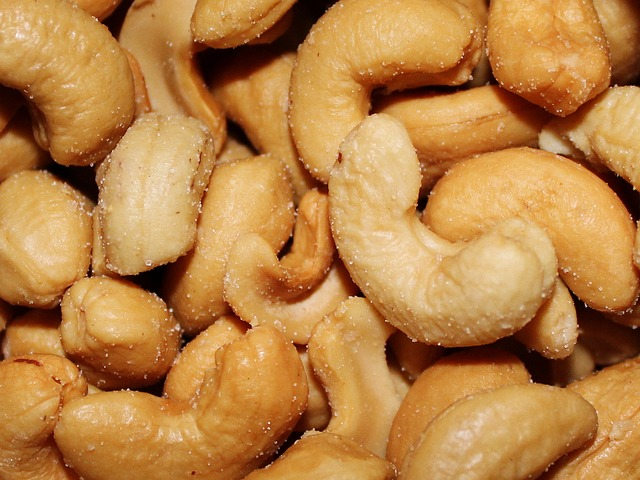
Do you love cashews? If so, you're in luck – cashews are not only delicious but they also offer a number of health benefits. In this blog post we'll discuss some of the research that has been conducted on cashews and their potential health effects. We'll also provide some tips on how to incorporate cashews into your diet. So read on to learn more about these nutrient-rich nuts!
Cashews nuts are native to Brazil but are now widely grown across the globe in tropical regions
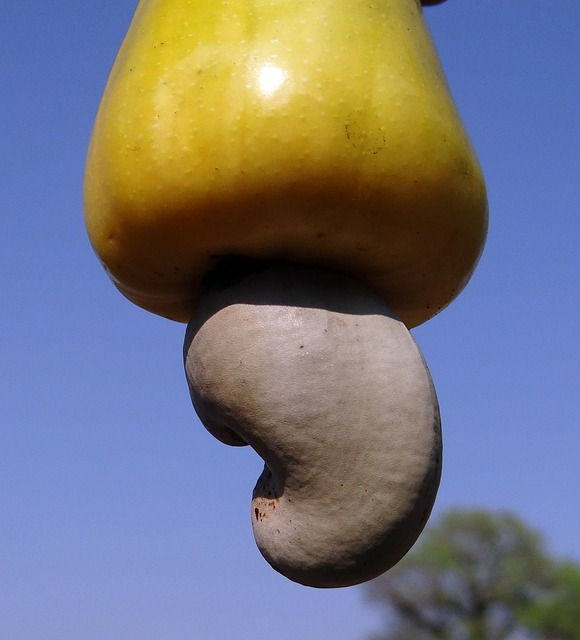
Cashew nuts grow on trees in the form of a kidney-shaped drupe. The nut is encased within a double shell, which contains an allergenic phenolic resin, called urushiol. This oil must be carefully removed before the nut can be eaten.
The cashew apple, the fruit of the cashew tree, is edible and has its own unique flavors. The cashew apple is rich in vitamin C, phosphorus, and potassium, and is widely used in tropical drinks. The health benefits of cashews are not only in the nut but in the fruit too!
These nuts are a rich source of several vitamins and minerals
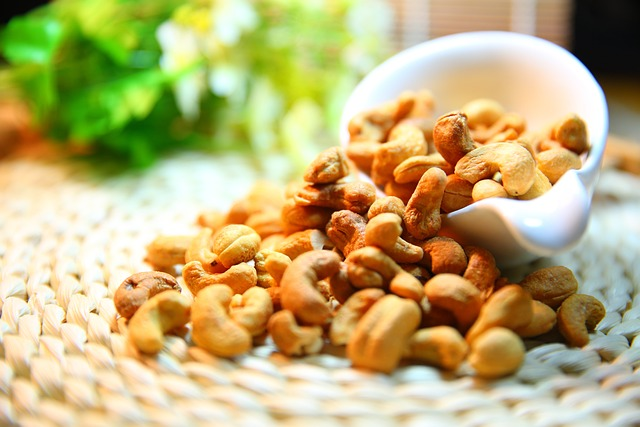
The benefits of cashews include their high mineral content. Cashews are a rich source of magnesium, phosphorus, zinc, iron and copper. We talked more about how much we love magnesium here. They also contain phytochemicals, antioxidants and healthy fats that may help protect against diseases such as cancer and heart disease. Check out our thoughts on phytochemicals here!
Cashew nuts also contain vitamins including B-complex vitamins and Vitamin E. These vitamins are essential for proper functioning of the body, as they help to maintain healthy vision, skin, and nerves. They are also a good source of fiber, which is important for digestion and overall health.
Eating cashew nuts has numerous potential health benefits, ranging from improving heart health to reducing the risk of cancer

Some research has suggested that regular consumption of cashews may help to reduce inflammation and promote heart health. One study published in the journal Nutrients found that participants who ate a diet high in cashews had significantly lower levels of C-reactive protein (CRP), a measure of inflammation, than those on a control diet.
Other studies have shown that eating cashews may help to reduce the risk of developing certain types of cancer. A study published in the journal Food & Function found that participants who ate more cashews were less likely to develop colon cancer.
Cashew nuts also may be good for brain health. Research suggests that the fatty acids found in cashews may help to improve cognitive function, improve brain health, and reduce the risk of neurological diseases. We talked more about fatty acids in our article on vegan omega-3s.
So how can you incorporate cashews into your diet?
Here are some ideas: Add them to salads, oatmeal, homemade granola bars and trail mix; use them as an alternative to dairy in smoothies and vegan cheese sauces; make a creamy cashew butter spread for toast or wraps; use them to top off yogurt bowls and buddha bowls.
One of the easiest ways to include cashew nuts in your diet is by adding them to trail mix
Mixing salted cashews, walnuts, and raisins is a delicious salty and sweet snack. It's good to eat cashew nuts at least once a week, and you can eat other types of nuts on the days you don't eat cashews. You should switch it up and incorporate walnuts, pistachios, almonds, and other types of nuts into your diet. Here is a link to my favorite cashew snack #notsponsored.
Cashew butter is a delicious way to enjoy the health benefits of cashew nuts
Cashew nut butter is also a great way to get some of the same benefits without having to eat whole nuts. All you need is cashews, a food processor and a bit of oil. This butter can be used in place of peanut butter or almond butter for a delicious and nutritious alternative.
Raw cashews offer a unique texture and flavor compared with roasted cashews
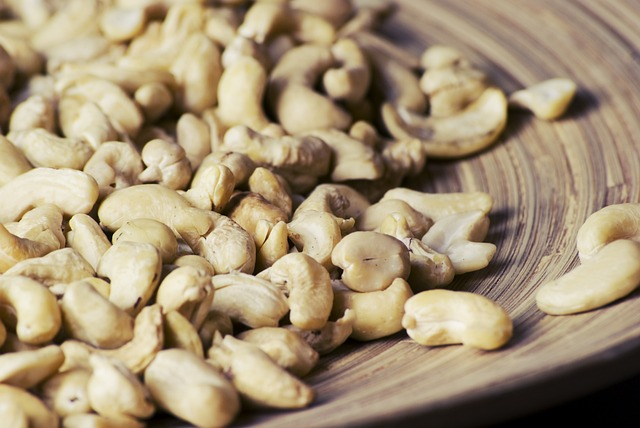
Truly raw cashews are toxic, but the raw cashews you see in the grocery store are actually steamed to be edible. This steaming process gets rid of toxic compounds and makes them safe to eat.
Whether you choose raw cashew nuts or roasted cashew nuts is a personal choice. Some people like the taste of raw cashews and others like the taste of roasted cashews. However, when it comes to smoothies, cashew butter and cashew nut oil, raw cashews are preferable since they are softer and easier to blend.
Cashews are high in calories, so be aware of how many you eat

No matter how you decide to eat cashews, remember that a little goes a long way. Eating too many can lead to weight gain due to the high calorie content and fat content of the nuts. Aim to have a handful (1-2 ounces) per day. It is sometimes recommended for underweight children to being eating nuts (especially cashew nuts) to increase their daily caloric intake.
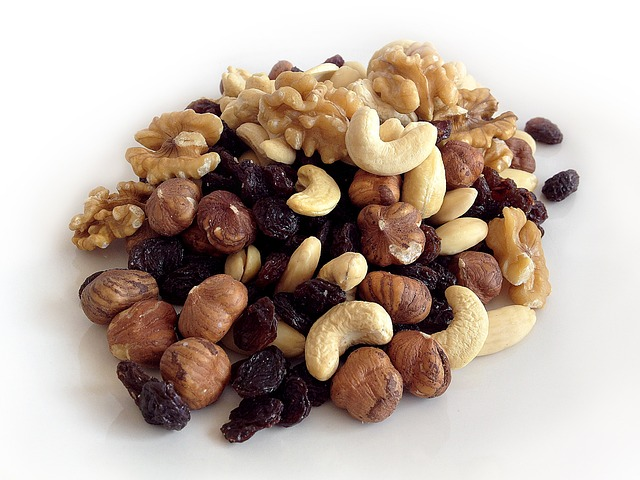
Cashew nuts are an incredibly versatile nut, so get creative with how you incorporate them into your diet! Not only will they add flavor and texture, but they also offer plenty of potential health benefits. Enjoy! And let us know in the comments what are your favorite ways to eat cashew nuts!
This article may contain affiliate links. As always, consult your medical provider before starting any kind of new exercise routine, supplement, or diet.
Comments
Post a Comment